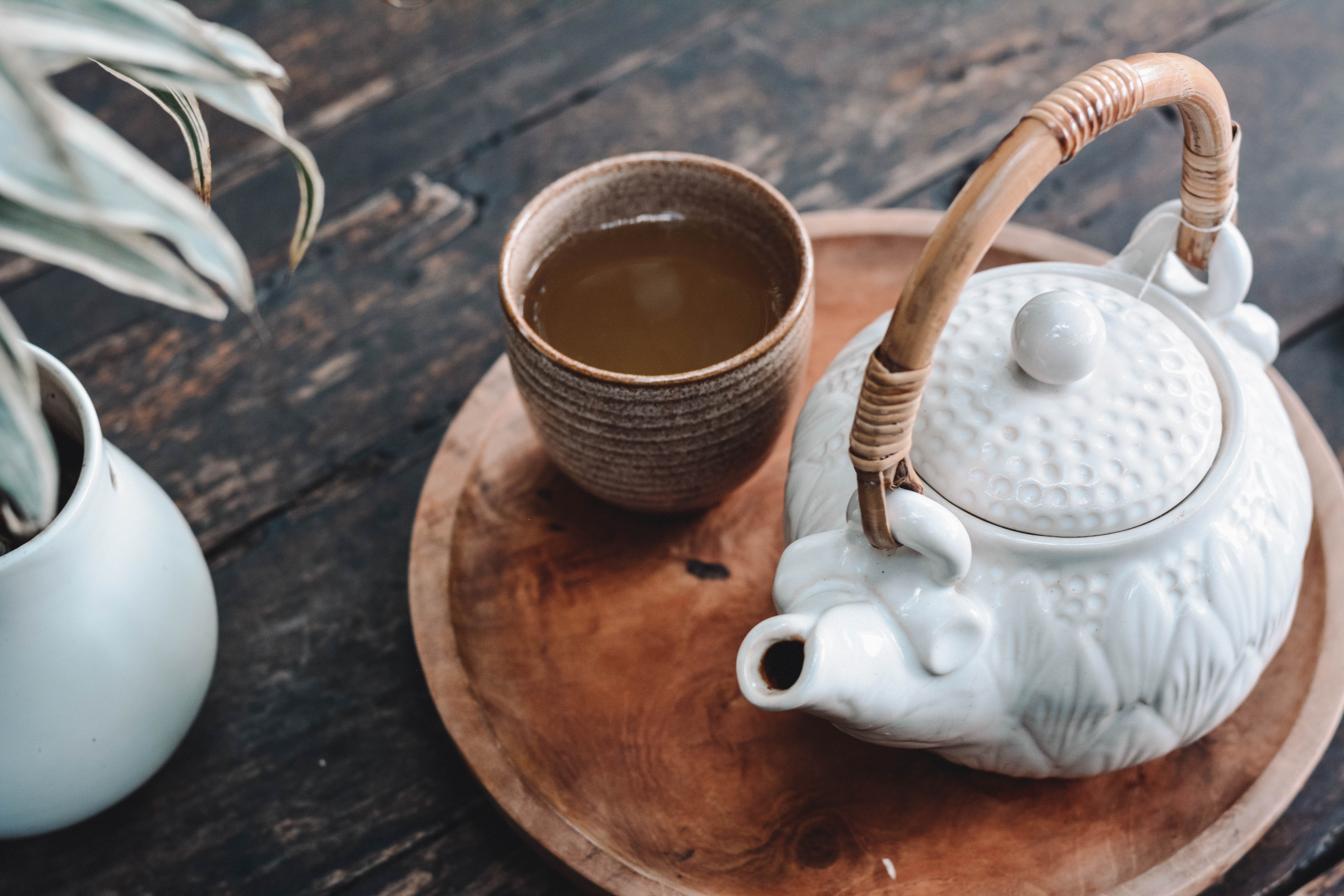News release
From:
POPPY SEED TEA DEPENDENCE: A CASE STUDY
DOCTORS from the Turning Point addiction clinic in Melbourne have reported on an unusual case of poppy seed tea dependence which required opioid agonist medication, including the first reported use of long-acting injectable buprenorphine in such a case.
Writing in the Medical Journal of Australia, the authors, led by Dr Shalini Arunogiri, Deputy Clinical Director of Turning Point, described the patient as presenting with opioid use disorder at the age of 34 years.
“He described a 10-year history of opioid use disorder, initially heroin, then episodic use of non-prescribed pharmaceutical opioids (oxycodone and codeine),” Arunogiri and colleagues wrote.
“For the past 5 years, he reported sole use of poppy seed tea. He transferred from pharmaceutical opioids owing to the legal status, ease of access and low cost of poppy seed tea. He spent $10–15 on 1–2 kg of poppy seeds, which he brewed into a tea and mixed with 1.5 L of fluid each day (usually citrus juice).
“He described significant difficulties achieving abstinence owing to long-lasting and severe withdrawal symptoms, with nausea, vomiting and myalgia starting 24 hours after use and lasting for 3 weeks.”
The man was initially prescribed sublingual buprenorphine and remained clinically stable for the next 6 months, but described difficulty engaging in work because of the requirement to regularly attend a community pharmacy for supervised medication dosing.
“He was commenced on a monthly 96 mg depot buprenorphine subcutaneous injection. After one month, he reported no complications or adverse effects and no cravings, Arunogiri and colleagues reported.
The patient described the positive impact the long-acting injectable bruprenorphine on his life.
“I don’t have any reminders of dosing. Not having to go to the pharmacy has been great, the stigma of being in the pharmacy and getting the dose, that’s gone.”
Arunogiri and colleagues wrote that because unwashed poppy seeds can be bought in bulk with no legal restrictions “the dangers of dependence and related harms can be underestimated”.
“Routine screening for use of poppy seeds in treatment settings may help provide clinicians with a more accurate picture of opioid use and treatment need.”
All MJA media releases are open access and can be found at: https://www.mja.com.au/journal/media
Please remember to credit The MJA.



 Australia; VIC
Australia; VIC



